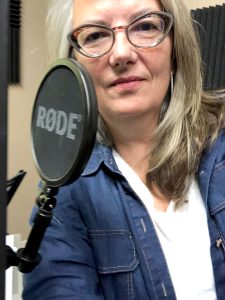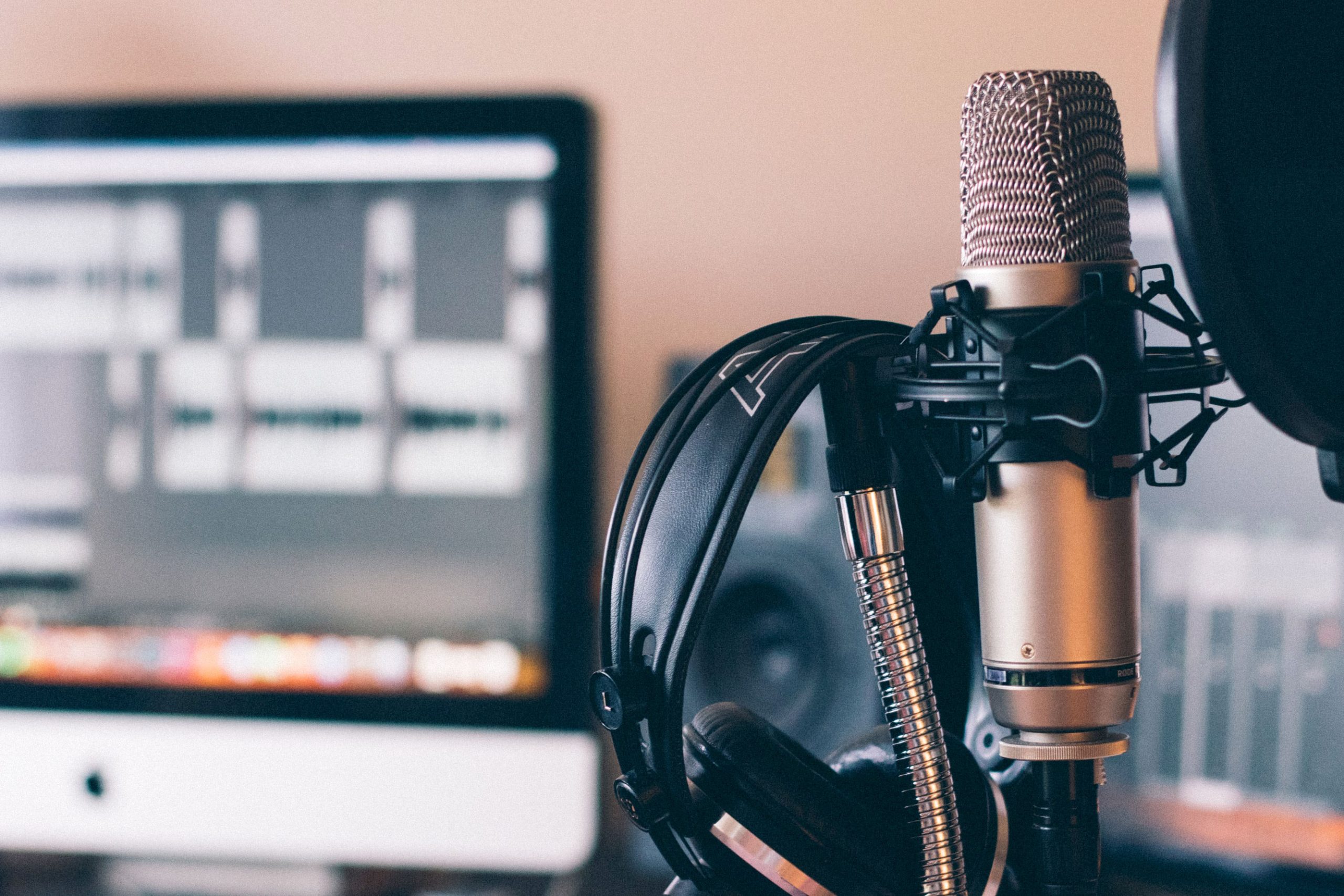WELLINGTON COUNTY – As part of this year’s Here4Hope community campaign, the Canadian Mental Health Association Waterloo Wellington (CMHA WW) is launching a podcast series to engage the community in the topics of mental health, mental illness and suicide.
Titled Stories4Hope, the four-part series launches on Nov. 12 and will release a new episode every Friday until Dec. 3.
CMHA WW suicide prevention project lead Cecilia Marie Roberts said this year’s campaign will focus on stories of resilience.
“We like to talk about connection and belonging, and resiliency, and help seeking and all of those things that contribute to people’s overall well-being, which is protective against suicide,” Roberts explained.
“We all know that we’ve struggled during the pandemic. I think one of the perhaps small silver linings of the whole thing is an enormous increased awareness that we all have our own personal mental health.”
The podcast will be available at www.here4hope.ca/podcast on Spotify, Google and Apple Podcasts. Episodes include:
- Nov. 12: The connection between art and healing with Michelle Peek, executive director of Art Not Shame;
- Nov. 19: What we see when we look closely with Wayne Simpson, author of Resilient the Portraiture of Wayne Simpson;
- Nov. 26: How unimaginable grief can be turned into service with Myrna Hutchinson, founder of Get in Touch for Hutch; and
- Dec. 3: The importance of sharing to those that have lost a loved one to suicide with Jane Brown, Support After Suicide Team member.
CMHA WW is inviting the community to follow them on social media during the week of Nov. 15 as they share the basics of resiliency with a visual series.
Staff at the Wellington County library have also curated a book list of titles that highlight stories of resiliency. Drop by any branch to pick up the November library newsletter to learn more.
With many feeling “screened out” Roberts said the podcast is another way to talk to the community while they can “cuddle up with a cup of tea or take us for a walk or put us on in their car.
“It’s just kind of a unique way to engage a community that is just exhausted from being communicated to,” Roberts explained. “It’s a really good way to have conversation – like deep conversation about things.”
Running events with speakers or webinars and presentations tends to be a little less flexible, she explained.
“But when you’re sitting down, just having conversation with real people about the things that they’ve struggled with and the things that they that have helped then you have this unique opportunity to make it more personal and relatable.”
Roberts said the podcast won’t feature a lot of talk on suicide specifically, but rather it’s more about struggle in general.
“Although the guests that we have on – most of them have had a loss by suicide and they are talking about what they’ve done with that loss, how they’ve trained, how that’s transformed their life,” she said.
“It’s really about helping people to understand you can have great struggle in your life, but you can bounce back from that as well.”
Roberts said the series will be an opportunity for the community to learn from people with lived experiences.
She added after having recorded the four episodes, she can see the power in it.

CECILIA MARIE ROBERTS
“One of the things that we’re trying to do is we’re trying to talk about suicide,” she explained, emphasizing the need to hold space for the conversation.
A big part of the project for Roberts is working to help the community understand it’s okay to talk about suicide.
“We need to give it some space in the room because that’s how people will feel okay to say, ‘yeah actually, I’ve had some thoughts like that, I’m really struggling.’
“It’s such a taboo topic,” she continued. “People avoid it so much that it suppresses help seeking and it also makes it very difficult for people who’ve lost someone to grieve and to find the community that they need to grieve in.”
Given the “taboo” nature of the topic, Roberts has always been looking for ways to bring the conversation of suicide forward in a way that the community can handle, and she hopes this podcast is one of those ways.
“This is just another way to talk about what is kind of a hard topic. We talk a lot about holding space on the podcast.”
Roberts said she wants the community to learn from the podcast that struggle is universal.
“We’ve been acutely aware of that in the last 20 months,” she explained. “People who never paid attention to their mental health or were aware of it, have suddenly said, ‘Wow, I kind of get what it means to feel anxious now.’
“It’s this notion that struggle is universal, and it’s okay. There are things that we can learn to help ourselves through those struggles, which is resiliency.”
Roberts emphasized it’s okay to ask for help and people that are struggling don’t have to do it alone.
“It’s not a weak thing, it’s a human thing. I do hope that perhaps it might whittle away just that little bit of stigma and judgment that some people have about this notion that people that are impacted, or have had struggles in their life are somehow weak or less-than.”
Having worked in mental health for many years, Roberts said she’s never met anyone touched by suicide, loss or mental illness that is weak. In fact, she often finds they’re very courageous.
Roberts said the podcast series is really about helping people, understanding that people can really struggle and, despite that struggle, do amazing things.
“The universal way that we define resiliency is this idea of bouncing back from our difficulties, because we all face difficulties in life,” Roberts explained.
“It’s what do we do in response to those? What kind of skills do we pull out intentionally, proactively to help us when we’re not doing well?
“It impacts everything she explained.
“It’s that idea that we’ve become more aware so now how can we build on that?”




